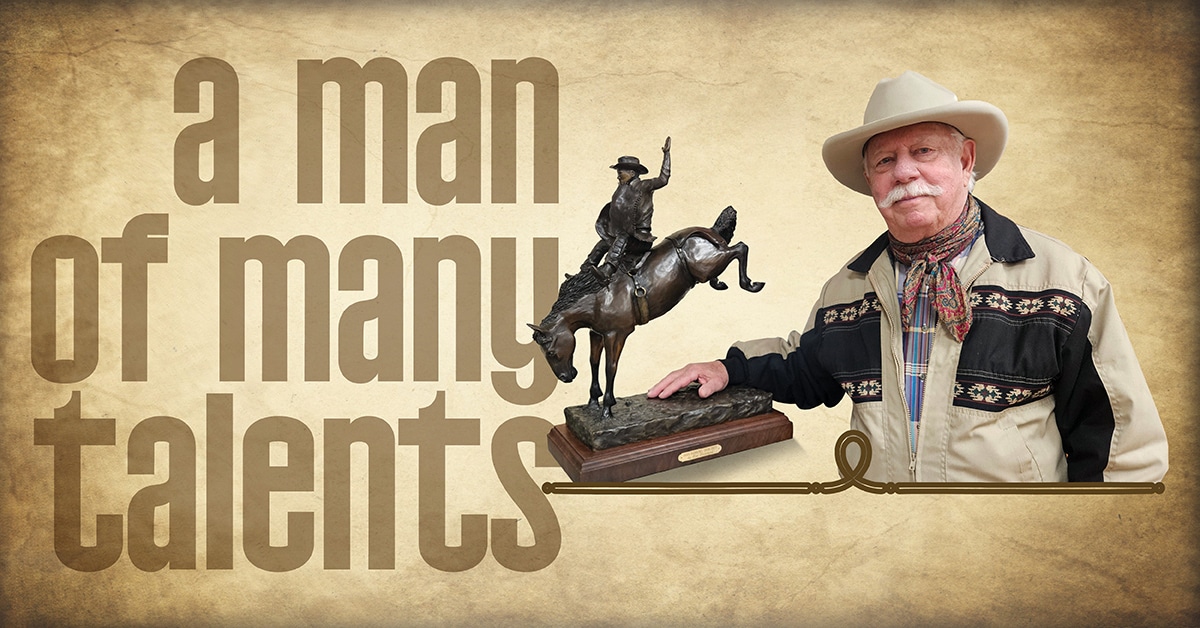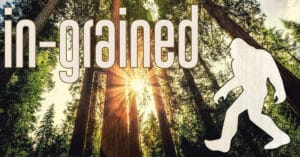A Man of Many Talents
The Versatility of Ronald Pritchard…
It doesn’t take long in conversation with Red Bluff resident Ronald Pritchard to realize that he won’t be easy to categorize. Entrepreneur? He’s developed multiple businesses and snack concepts. Artist? He’s accomplished in both flat art forms and sculpture. Writer? He’s penned three books with other ideas in mind. Rancher/horseman? He’s raised cattle and horses. Oh, and he’s also a master falconer.
The thread that runs through concepts and identities is that Pritchard has tremendous follow-through when he takes an interest in something. “My head never stops,” he says. “When I go to bed at night, I’m thinking of whatever project I’m working on. But I can flip to another one.”
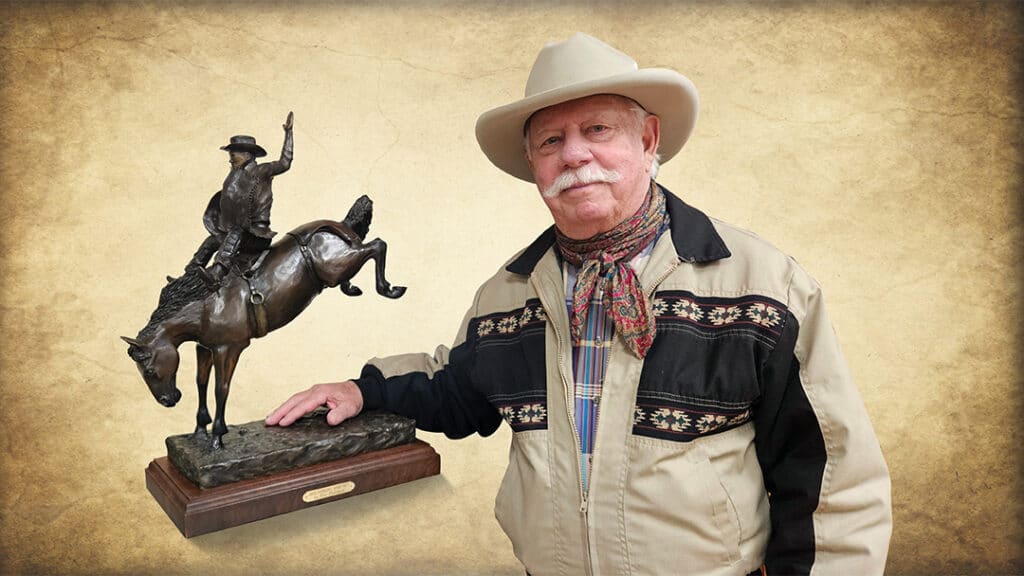
Pritchard was raised in Altadena at a time when he could indulge in not only the fun of broomstick play horses, but real horses. “A group of us kids all had horses,” he says. “We rode horses more than we rode bicycles.” He enjoyed paying attention to the ranch work of his Midwest relatives and the ranch his dad ran in Perth, Australia. By the time he got to college, he was working on a ranch himself. “My major was animal husbandry,” he says. “I wanted to be a vet.”
Instead, he followed a management track at a grocery store where he was working and ended up developing businesses in product development and distribution. The work took him to Oregon, where he enjoyed raising horses and employed the help of world bareback riding champion John Hawkins, who was inducted into the ProRodeo Hall of Fame in 1979 in Colorado Springs, Colo.
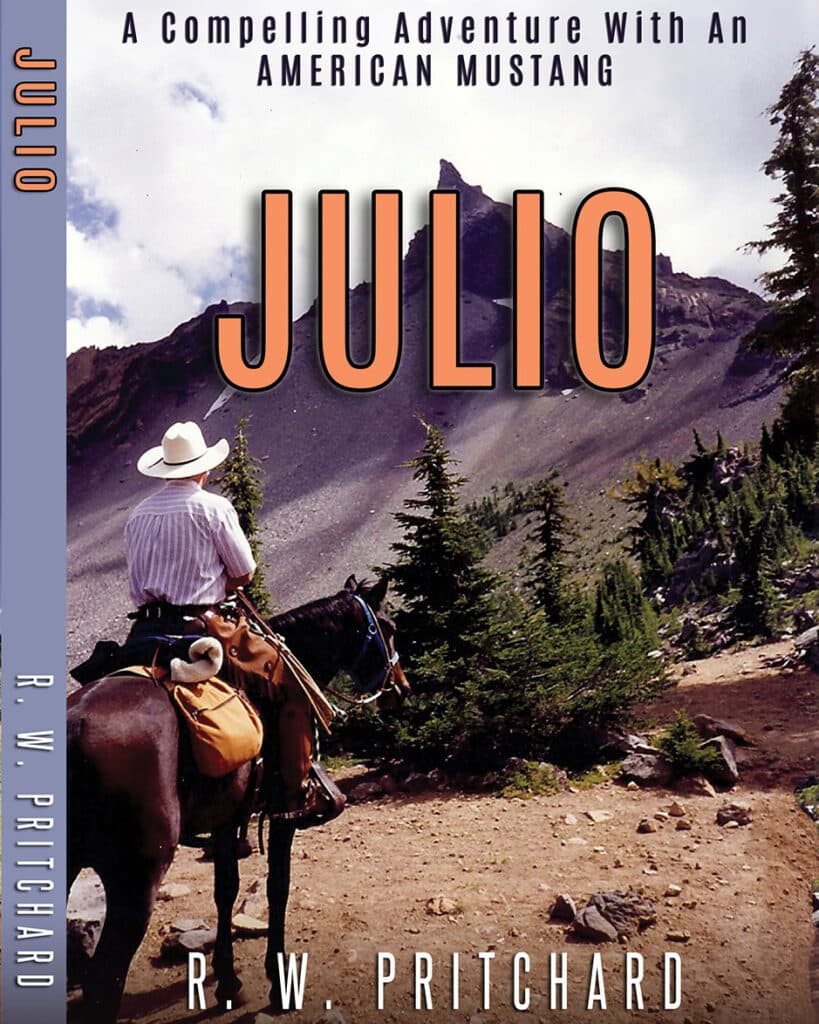
His relationship with Hawkins would not only inform how he worked with his live horses, but how he would render their form in sculpture. In 2000, he decided to move from pencil and ink to sculpture work and decided to create from a photograph of Hawkins riding a horse at the Red Bluff Round-Up. That first sculpture was so precise and well-done that casts are now displayed not only in the Red Bluff Round-Up Museum, but the ProRodeo Hall of Fame.
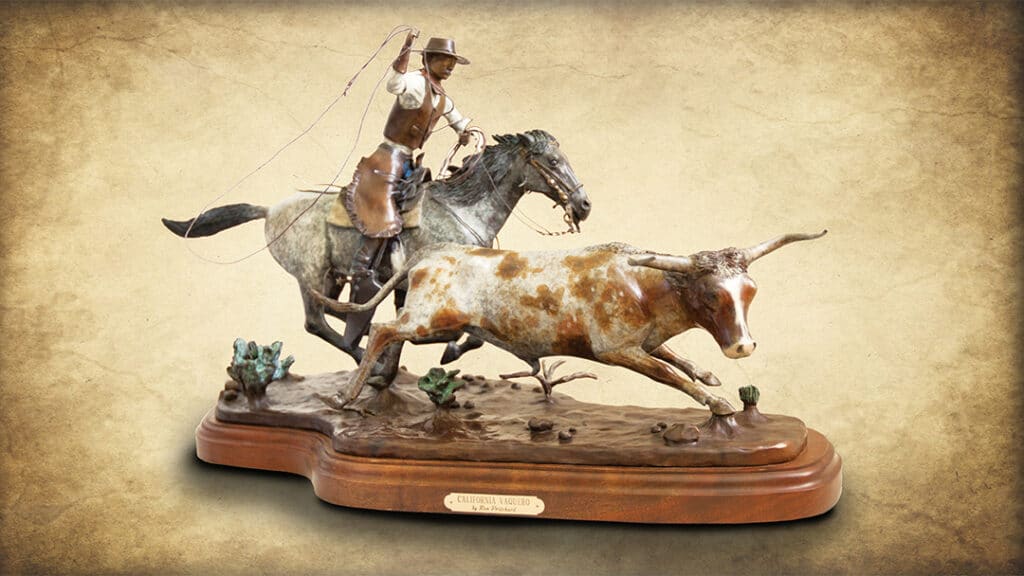
He has gone on to create sculptures of the early Alta-California Vaqueros that have captured his imagination, and the birds that brought him such fascination as he became a master falconer in the early 1970s and the director of the California Hawking Club in 1974.
Pritchard began writing after selling his business in 1998 and moving to Red Bluff in 2000. He’d heard rumor of a World War II-era plane crash site near Paynes Creek, but couldn’t find information on it from any of the usual sources. When the leads did start showing up, however, they took him on a magnificent ride of discovery about the decorated pilot, Colonel James K. Dowling, who survived the plane crash in Paynes Creek and went on to a much-decorated and global career as a fighter pilot, including part in the D-Day Invasion.
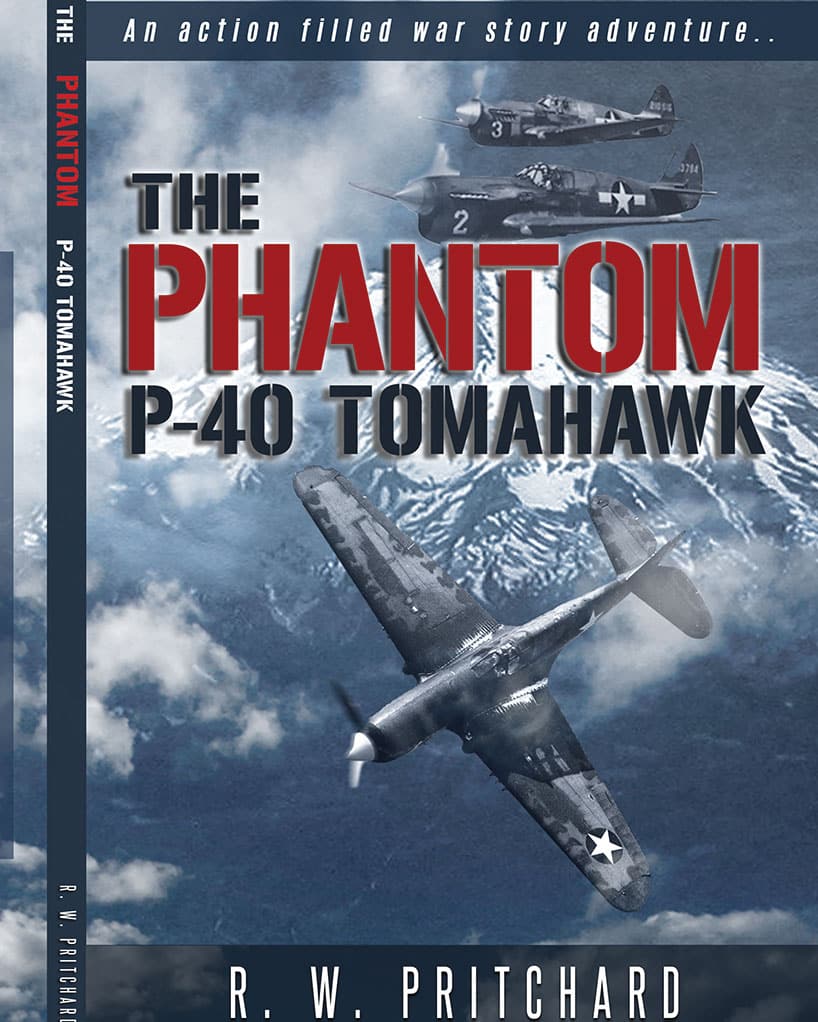
Pritchard joined the Writers Forum in Redding to hone his skills as he put together “The Phantom P-40 Tomahawk.” “I want to surround myself with people who know how to write,” he says. “A couple of them took me under their wing and helped me with the book.”
The experience was so positive that he went on to pen “Julio,” about the trials, tribulations and triumphs of his American Spanish Mustang. “When I first got him, I thought I was getting a horse from the Ice Age,” he says with a laugh. “It has a lot of humor in it.” Bought sight unseen from a rancher in Wyoming, Julio is what Pritchard refers to as a rags-to-riches story. “That horse laid me out so many times. Broken collarbone. Eight broken ribs. But that horse became the best horse I ever had.”
It was during his three-month convalescence from the broken collarbone that a friend introduced him to a book on the vaqueros of Alta California.
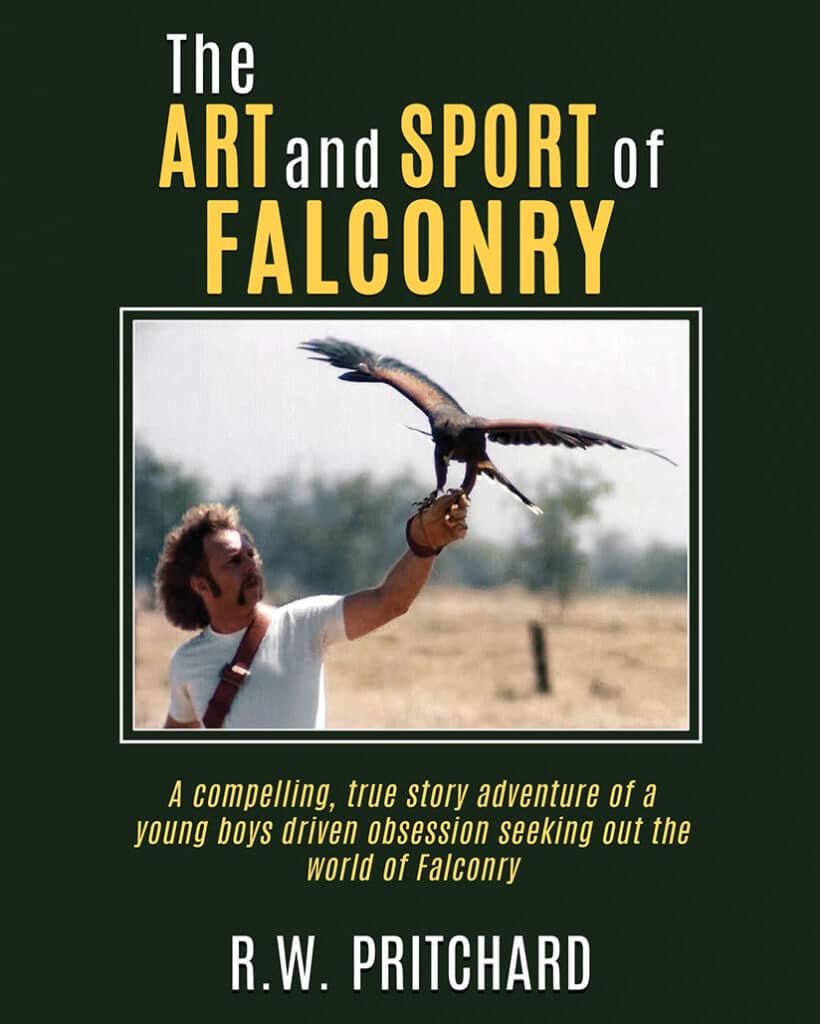
Pritchard’s third book is called “The Art and Sport of Falconry,” and it begins with the Sunday night in 1953 when he watched “Valley of the Eagles” on TV. “That got me hooked,” he says. “Back then there was very little written on falconry.”
One thread that runs through all of Pritchard’s stories is reference to people who helped him along the way, no matter what endeavor he is engaged in. “My dad told me one time a three-part concept,” he says. “1. Have no ego. 2. Hire people who know more than me. 3. Know the direction to take them.”
It seems to be a winning strategy for a multi-faceted life. •

